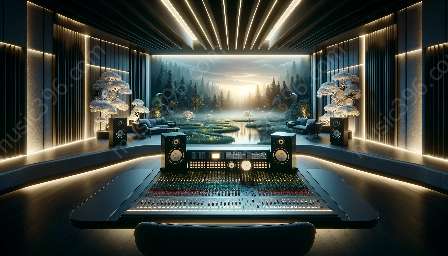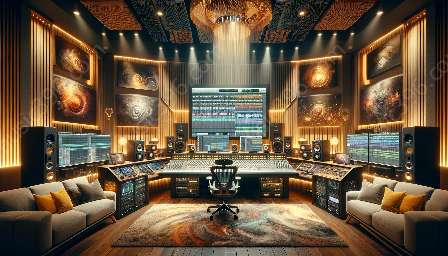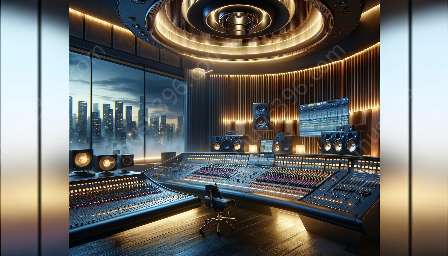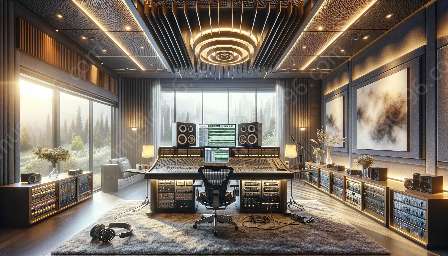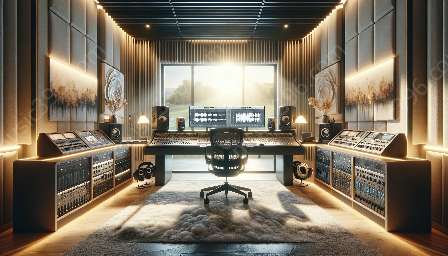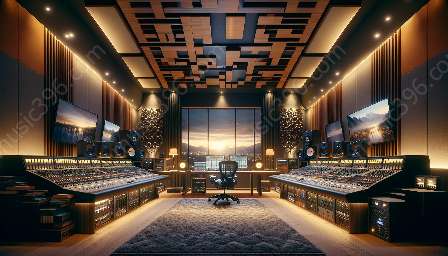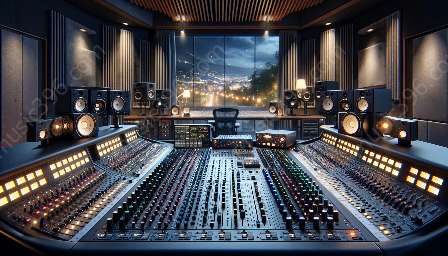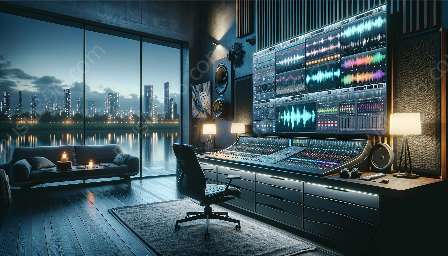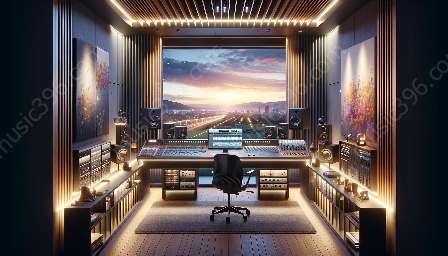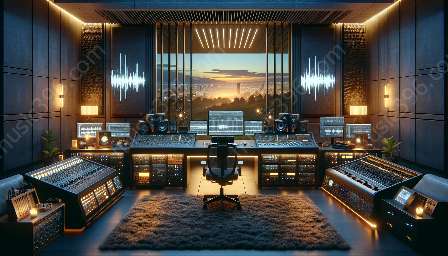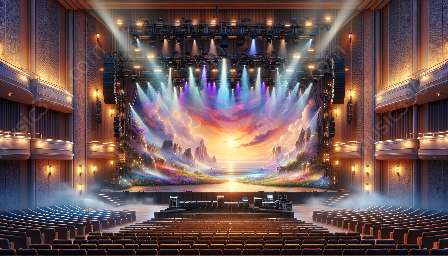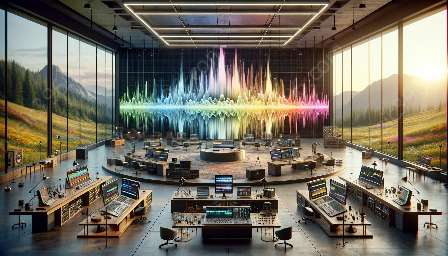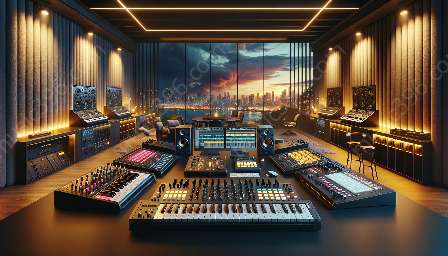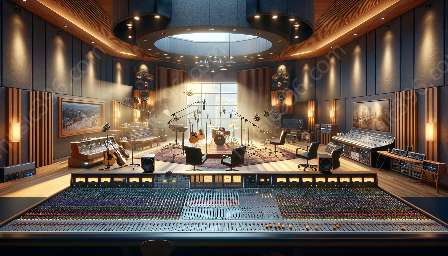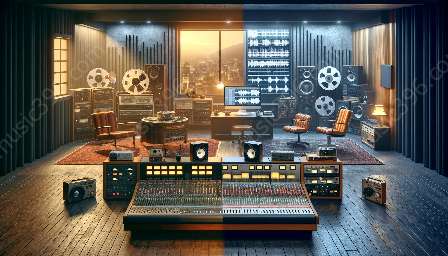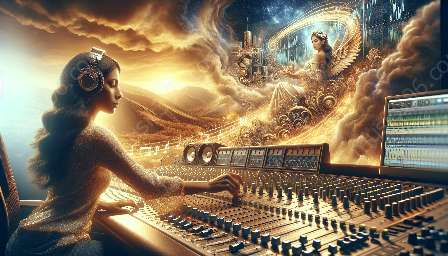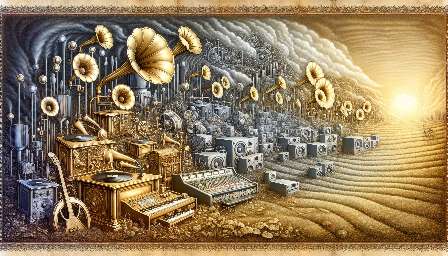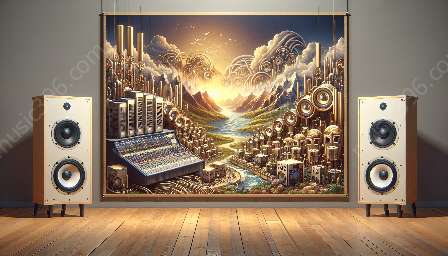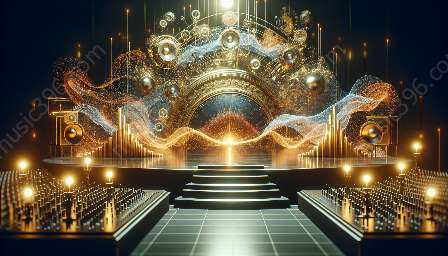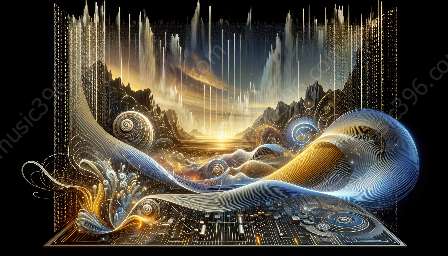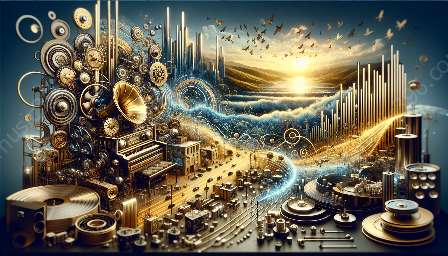Music and sound play a crucial role in shaping audience perception in film and television. Understanding the impact of different types of music on viewers can provide valuable insights into the art of sound engineering and its influence on the overall cinematic experience.
The Role of Music in Film and Television
Music has the power to evoke emotions, create atmosphere, and shape the narrative in both film and television. The choice of music can significantly impact how audiences perceive and connect with the visuals on screen. Various types of music, such as orchestral scores, electronic beats, and popular songs, are carefully selected to complement the story, setting the tone for each scene.
Emotional Impact of Music
One of the most significant effects of different types of music in film and television is their ability to elicit emotional responses from the audience. For example, a poignant scene accompanied by a melancholic melody can intensify feelings of sadness or empathy, while an action sequence set to a fast-paced, energetic soundtrack can elevate excitement and engagement.
Setting the Tone and Atmosphere
Music is also instrumental in establishing the mood and atmosphere of a film or television show. Whether it's a haunting melody for a suspenseful thriller or a lighthearted tune for a comedy, the choice of music helps create a specific ambiance that enhances the audience's overall experience and perception of the story being told.
Enhancing Narrative Flow
Furthermore, different types of music contribute to the pacing and rhythm of a narrative. A well-composed musical score can seamlessly guide viewers through the plot's twists and turns, enhancing the storytelling and strengthening the audience's connection to the characters and their journeys.
Impact of Sound Engineering
Sound engineering in film and television is closely intertwined with the use of music. The meticulous process of recording, mixing, and mastering sound elements is essential for delivering an immersive and high-quality auditory experience for the audience. The balance between dialogue, sound effects, and music is carefully calibrated to ensure that each component enhances the overall perception of the cinematic work.
Genre-Specific Effects
When considering the effects of different types of music on audience perception, it is essential to acknowledge the influence of music genres on specific genres of film and television. For instance, the use of classical music may be more prevalent in period dramas or documentaries, while electronic or synth-based music may feature prominently in science fiction or futuristic settings.
Cultural and Psychological Considerations
Music, being a cultural and psychological phenomenon, can significantly impact audience perception in film and television. Tapping into familiar musical themes or employing culturally relevant music can create a deeper connection with viewers, evoking a sense of nostalgia or resonance with particular audiences.
Challenging Conventions
Exploring unconventional or unexpected choices in music for film and television can also influence audience perception by subverting traditional expectations. When filmmakers and composers take creative risks with their musical selections, they have the potential to surprise, provoke thought, and challenge viewers' preconceptions about how music should accompany visual storytelling.
The Future of Music and Sound in Cinematic Works
As technology advances and artistic expression evolves, the role of music and sound engineering in film and television continues to expand. Emerging trends, such as interactive and adaptive music systems, offer new possibilities for enhancing audience immersion and interactivity with the on-screen narrative.
Conclusion
Examining the effects of different types of music on audience perception in film and television provides valuable insights into the dynamic relationship between music, sound engineering, and the cinematic experience. By understanding the emotional, narrative, and cultural impacts of music, filmmakers and sound engineers can craft compelling cinematic works that resonate deeply with audiences.

